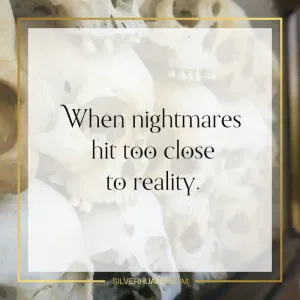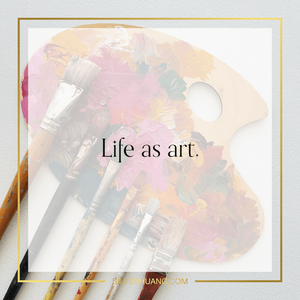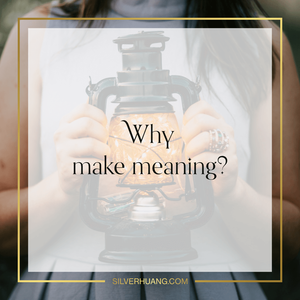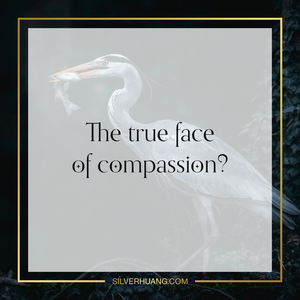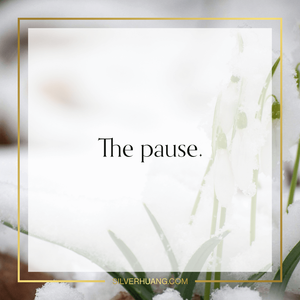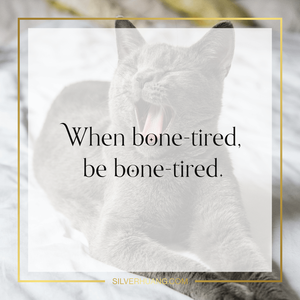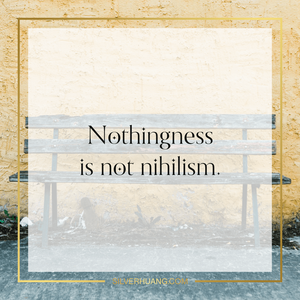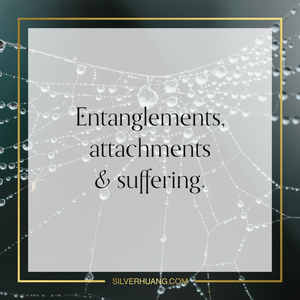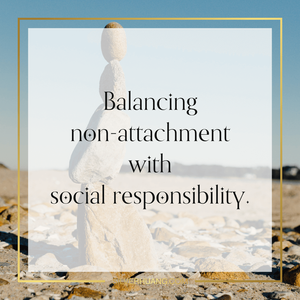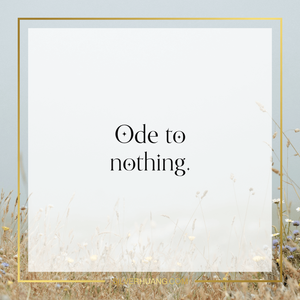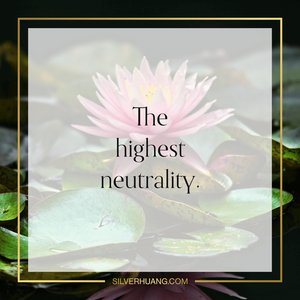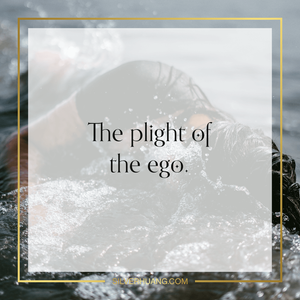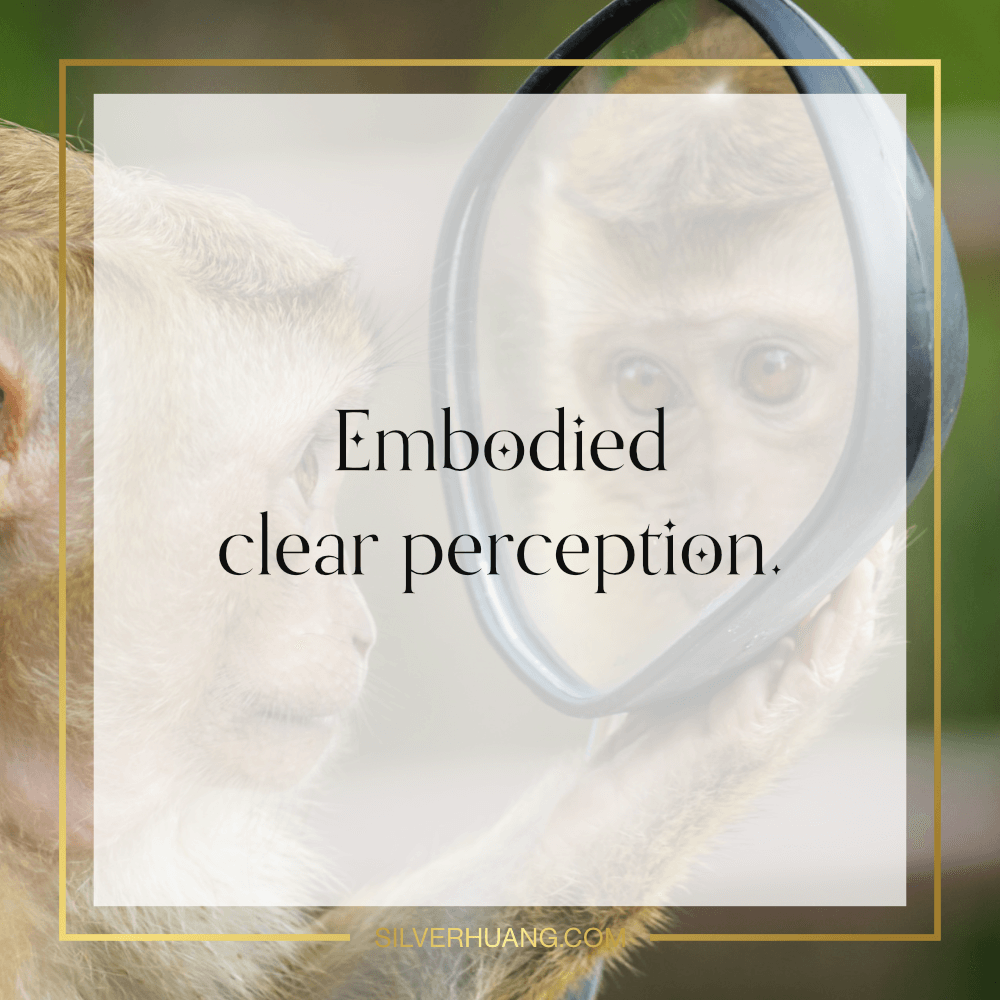
Embodied clear perception.
In the Chan/Zen tradition of Buddhism, 見性 (kenshō) is insight into the essence of one's own being[1].
I have, over the course of my life, experienced what I currently term "embodied clear perception" on a handful of occasions.
Each experience was liberating, clarifying and impermanent.
Embodied clear perception feels, to me, to be different from clear perception "alone". My current thinking is that:
- Clear perception can be practiced, but
- Embodied clear perception cannot.
Hence, my above comparison with the Chan/Zen idea of kenshō.
Embodied clear perception happens: It is a state I drop into. I cannot control when it happens, nor can I control how long it lasts.
This much I do know: To seek it is to not find it. Seek not, and I may just fall into it again. Simply live, and I may walk into it again.
I have just exited my most recent experience of embodied clear perception, and my egoic attachment mourns the perceived loss.
I say "perceived" because it is not lost. It is still right here, right now, for "I" am no different nor separate from "it".
I could say it is "veiled", though: Veiled by my ego.
In a way, we can consider the ego to be its own entity, and we are all possessed of and by one.
I find conceiving of my ego as its own entity, with its own agenda, helpful.
If I know my ego and its agenda well, as an entity who is simultaneously apart from and a part of me, I can learn to recognize its foibles more clearly, and hopefully, also more easily and quickly.
The key to understanding my ego lies in:
- Not judging its existence or agenda;
- Not wanting or needing eradication of either it or its agenda.
When I experience the opposite of either of these, I know I'm still embroiled in, and perceiving from, egoic state, for conflict and struggle are inherent to ego nature. Enamoured with control and power. Desperate to demonstrate substance.
I started reading Kensho: The heart of Zen by Thomas Cleary, and this passage really resonated with me:
Hakuin emphasized kenshō very strongly in his works, yet he is equally adamant about the importance of going even further to cultivate constructive integration with the ordinary world by applying Zen insight to the full range of human experience.
I shared my initial, half-baked thoughts on Mastodon:
To me, the objective of "enlightenment" has never been to escape from the world, nor even from suffering.
I see the practice of "clear perception of the nothingness of reality" (what I refer to as meta-life) as pointless without grounding it in what Buddhism terms our aggregate nature of experience (what I refer to as life).
I don't see "spirituality" as separate from "mundanity"; form of thingness arises from formless of nothingness, but the two are not separate. In the Tao Te Ching, the Tao is both source and way of life, unknowable yet livable.
"Enlightenment" is not self-gratifying freedom. It is, quite boringly, simply about seeing reality clearly. That's all. Nothing special. Nothing magical.
I would have liked to say, "I do not see what's-considered-enlightenment as different or separate from what's-considered-not-enlightenment," but there is a character limit on Mastodon and I prefer to keep threads to three posts. 😛
Why does it matter, anyway, especially if it is "not special"? Why such "fuss" over such ideas as "enlightenment", "kenshō" or "clear perception", embodied or not?
In my personal experience, I have found that such states of clear perception teach me how to do less harm, to others and myself.
Note that I say less harm, not no harm. I don't believe in the saintliness of Buddhahood. I'm more interested in the fallibility of humanhood.
It's not just the clarity. I have observed that when I experience genuine clear perception, compassion naturally arises. It cannot not, for one cannot genuinely see suffering, experienced by all including oneself, without experiencing compassion (Disclaimer: Where nervous system dysregulation is present, other responses may present first.)
That is my personal experience and belief, anyway.
To me, therefore, clear perception is synonymous with compassion for more than just oneself.
I want to see clearly, so I can hopefully respond aptly to the ever-changing reality of my and others' lives.
- Less interfering. Honour autonomy.
- More constructive. Affirm aliveness.
- And if neither of the above are possible, hold space.
Episodes of embodied clear perception, in my experience, provide opportune nervous system modelling for such aspirations. It's like winning a free holiday where the veil of egoic obsession gets lifted, and I get to soak in oceans of bliss, bask in the rays of compassion and imbibe un-self-ish clarity.
I don't expect to stay forever. But like any awesome holiday, I appreciate it so, so much, and I always miss it when it's over.
But I can't spend all my time in meta-life. I have got a life, too. 😉
Reference(s)
[1]: Cleary, T. (1997). Kensho: The heart of Zen.

